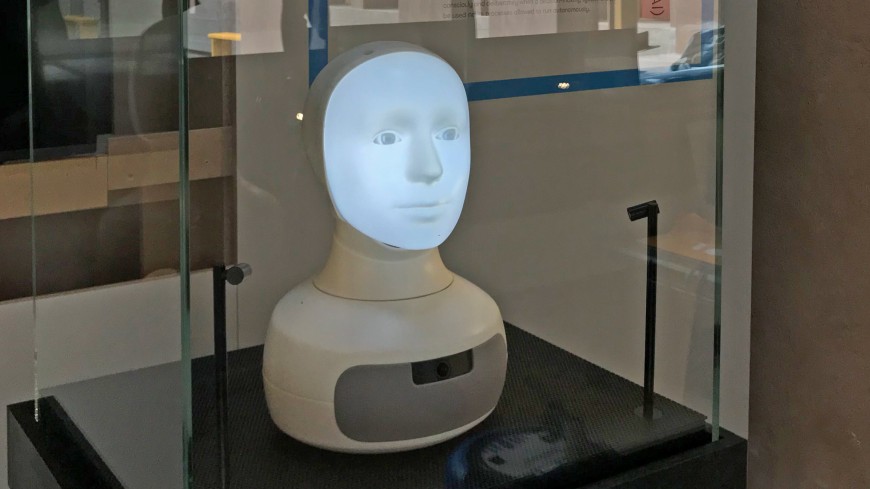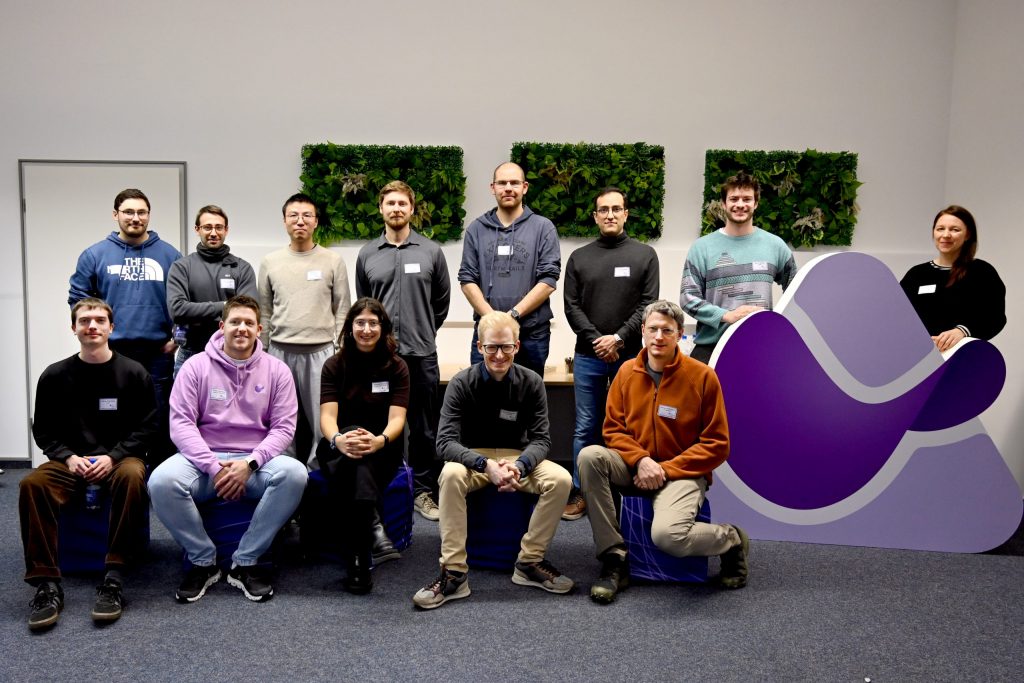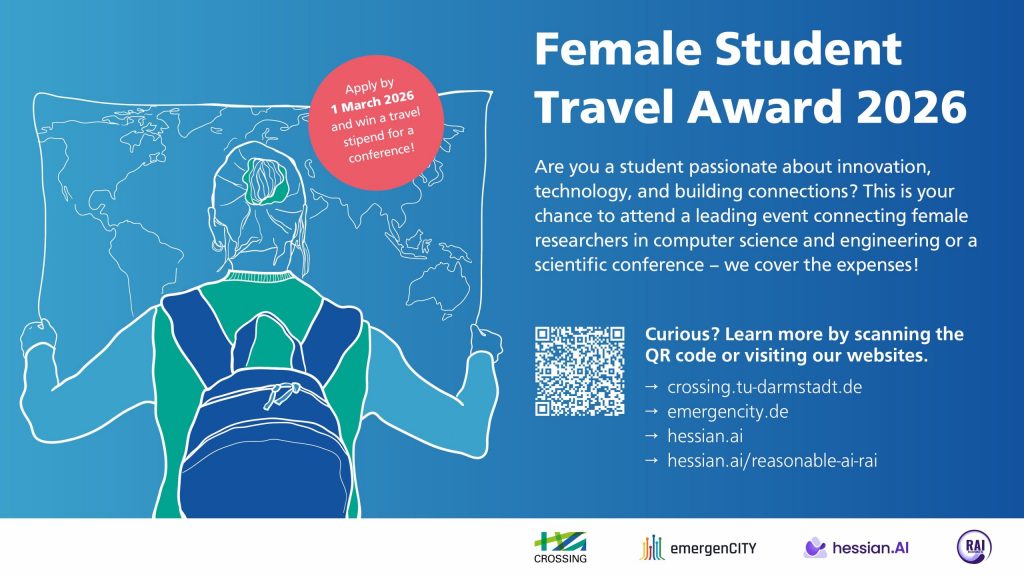
The Future of Artificial Intelligence | Successful next step in the Excellence Strategy
The cluster project “Reasonable Artificial Intelligence” (RAI)
Great success for hessian.AI. hessian.AI has reached an important milestone in the prestigious Excellence Strategy of the German federal and state governments. It has been selected to submit full proposals for its draft proposal “Reasonable Artificial Intelligence” (RAI) in the field of artificial intelligence and to apply for funding under the Cluster of Excellence funding line. The selection was made by an international panel of experts. A total of 143 draft proposals were submitted to the German Research Foundation (DFG), 41 of which may now submit a full proposal in the second round of the Excellence Strategy.
Although deep learning (DL) has enabled important advances in the field of artificial intelligence (AI) over the last ten years, current AI systems have displayed some significant weaknesses, such as an inability to reason, difficulty handling new situations and a need for continuous adjustments. Last but not least, current AI systems also require substantial resources. The aim of the Cluster of Excellence project “Reasonable Artificial Intelligence” (RAI) is thus to develop the next generation of reasonable AI.
This next generation of AI systems will learn using a “reasonable” amount of resources, a “reasonable” quality of data and in accordance with “reasonable” data protection standards. It will have a healthy dose of common sense, possess the ability to handle new situations and contexts and be based on reasonable training paradigms that will enable continuous improvement, interaction and adaptation.
Despite the groundbreaking advances that have been made over the last few years, current AI systems still have huge weaknesses: The AI system that beat the world champion in the board game “Go” can still easily be defeated, while ChatGPT can write long texts on complex subjects but lacks the ability to apply common sense. We must develop “reasonable AI” and this is precisely the aim of our cluster project of the same name,
explains Kristian Kersting, one of three spokespersons for the RAI cluster project, Professor of computer science at TU Darmstadt and Co-Director of hessian.AI.
We must rethink and redesign AI from its very core in order to overcome its weaknesses. Today’s AI systems are inadequate and pose some risks. They require huge amounts of resources and are unable to think reasonably or adapt to changes.
adds Marcus Rohrbach, Professor of computer science at TU Darmstadt and spokesperson of RAI.
The RAI project covers four research areas:
- Systemic AI: This area focusses on the development of software and system methods that will enable RAI systems to be trained efficiently and support their integration into existing systems.
- Observational AI: This research area focusses on contextual learning and brings together different AI concepts to provide RAI with a good level of common sense.
- Active AI: This area focusses on continual and adaptive lifelong learning with active exploration so that RAI systems are able to adapt better.
- Challenging AI: This research area develops benchmarks that can be used to evaluate and improve the performance of RAI systems.
TU Darmstadt, one of the leading technical universities in Germany, coordinates the Hesse Center for Artificial Intelligence and is leading this cluster project. RAI is part of the research field “Information and Intelligence” (I+I) and supplements the strengths of TU Darmstadt in the area of AI research.
The success of this cluster project is made possible and promoted by the cooperation with hessian.AI – the Hesse Center for Artificial Intelligence. hessian.AI brings together the AI expertise of 13 universities and colleges across the State of Hesse, invests heavily in AI infrastructure and research and also funds AI start-ups.
We are convinced that RAI and hessian-AI will shape the future of AI in Germany and around the world. We will work together to develop a new generation of AI systems that is reasonable, efficient and adaptable.
says Mira Mezini, Professor of computer science at TU Darmstadt, spokesperson for the Cluster of Excellence and Co-Director of hessian.AI.
The RAI cluster project promises to revolutionise artificial intelligence and will fundamentally change the way in which we develop and utilise AI.
About “Reasonable Artificial Intelligence” (RAI):
The planned Cluster of Excellence RAI from hessian.AI, under the leadership of the Technical University of Darmstadt, is dedicated to the development of a new generation of AI systems based on the reasonable use of resources, data protection standards and continuous improvement. Multidisciplinary teams are working together in four research areas to shape the future of AI.
Participating institutions: Julius Maximilian University Würzburg, Goethe University Frankfurt am Main, Rheinische Friedrich-Wilhelms University Bonn


